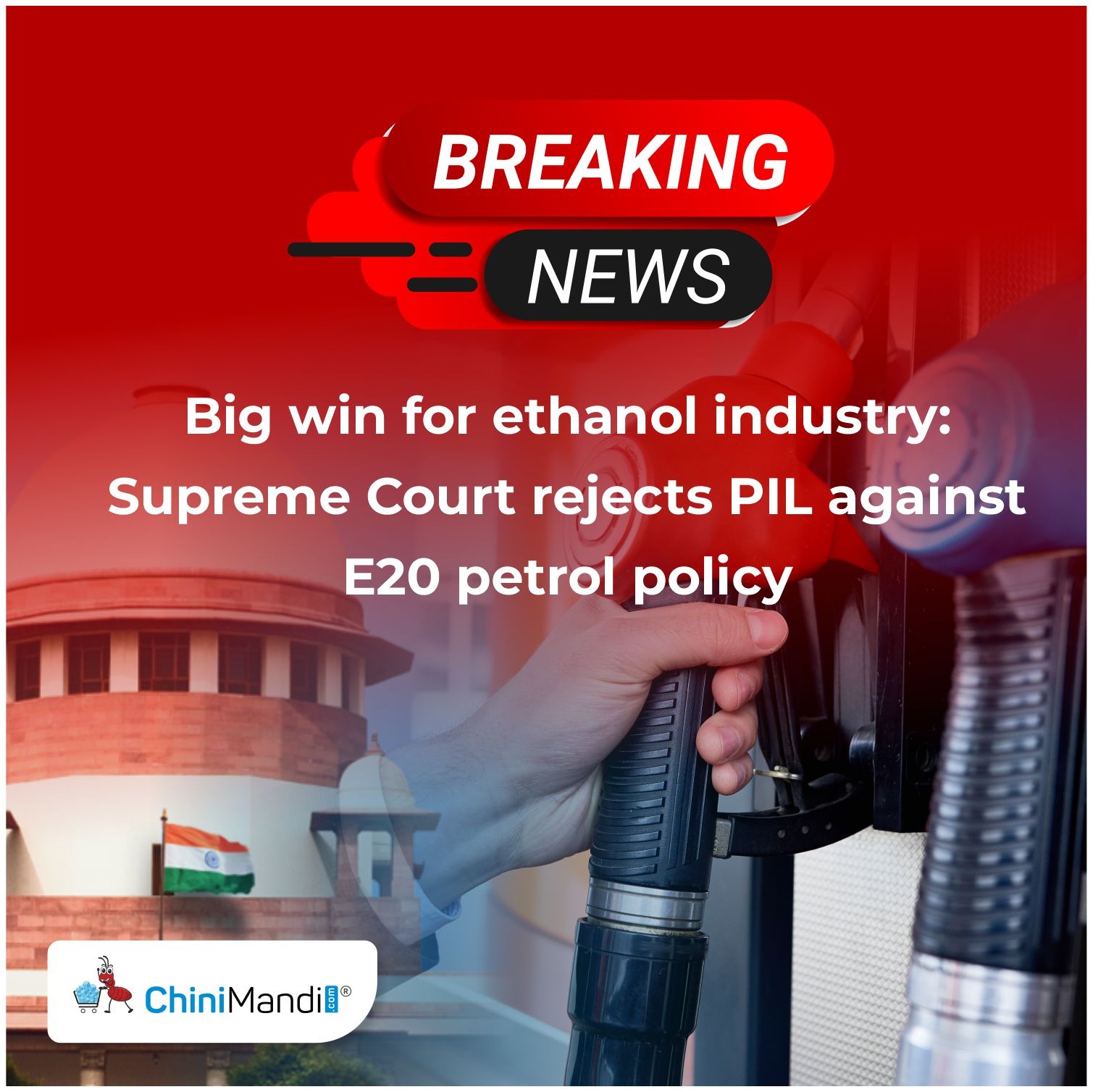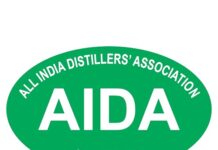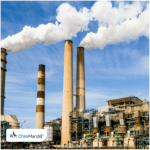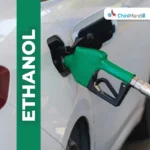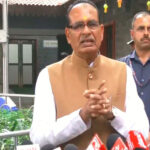The Supreme Court on Monday dismissed a public interest litigation (PIL) challenging the nationwide rollout of 20% Ethanol Blended Petrol (EBP-20), which claimed that millions of motorists are being compelled to use fuel incompatible with their vehicles.
The PIL, filed by Akshay Malhotra, was heard by a bench led by Chief Justice of India B R Gavai. It sought directions to the Ministry of Petroleum and Natural Gas to ensure the availability of ethanol-free petrol at all fuel stations across India.
Senior advocate Shadan Farasat, representing the petitioner, clarified that the challenge was not against the E20 policy itself but the lack of consumer options. “E20 is a logical progression, but vehicles must be made compatible and engines recalibrated. Our issue is the unavailability of E10 petrol for current users. We want options, not a rollback,” he argued, further pointing out that no formal notification was issued to consumers about the fuel transition.
Malhotra’s plea also requested mandatory labeling of ethanol content at petrol stations and dispensing units to ensure transparency. It urged the court to direct authorities to inform consumers about ethanol compatibility at the time of refueling.
Additionally, the petition called for a nationwide study to assess the mechanical degradation and efficiency loss caused by using E20 fuel in non-compliant vehicles.
According to the legal news portal, Live Law, Attorney General for India R Venkataramani, opposed the petition, saying that the petitioner was only a “name-lender” and that there was a huge lobby behind him. He asserted that the Government has framed the policy after considering all aspects. AG said that the policy was benefiting India’s sugarcane farmers “Will people outside the country dictate what kind of fuel India should use?”.
The Ministry of Petroleum and Natural Gas (MoPNG) has reaffirmed that ethanol blending is a key national initiative, countering attempts to undermine the programme through misinformation. In a recent statement, the Ministry addressed concerns being spread among car owners, dismissing claims that using E20 fuel (20% ethanol blend) would void vehicle insurance. The use of E20 fuel does not affect vehicle insurance coverage in India, the Ministry stressed.
The Government’s Ethanol Blended Petrol (EBP) Programme is aimed at multiple goals, including enhancing environmental sustainability, reducing dependency on crude oil imports, saving foreign exchange, and supporting the domestic agricultural economy. As a result of this initiative, more than ₹1.25 lakh crore has been paid to farmers from Ethanol Supply Year (ESY) 2014–15 up to July 2025. Additionally, the programme has saved over ₹1.44 lakh crore in foreign exchange, reduced carbon dioxide emissions by approximately 736 lakh metric tonnes, and replaced over 244 lakh metric tonnes of crude oil.
Progress under the EBP Programme has been significant. Public Sector Oil Marketing Companies (OMCs) achieved 10% ethanol blending in petrol ahead of schedule in June 2022 (during ESY 2021–22). This figure rose to 12.06% in ESY 2022–23, 14.60% in ESY 2023–24, and reached 19.05% by July 31, 2025, in the current ESY 2024–25. Notably, blending touched 19.93% during July 2025 alone.
In that month, OMCs procured 85.3 crore litres of ethanol under the programme, bringing total procurement to 722.7 crore litres from November 2024 to July 2025. Blending data shows that 87.9 crore litres of ethanol were blended into petrol in July 2025, pushing the cumulative ethanol blending volume to 749 crore litres during the same period.

